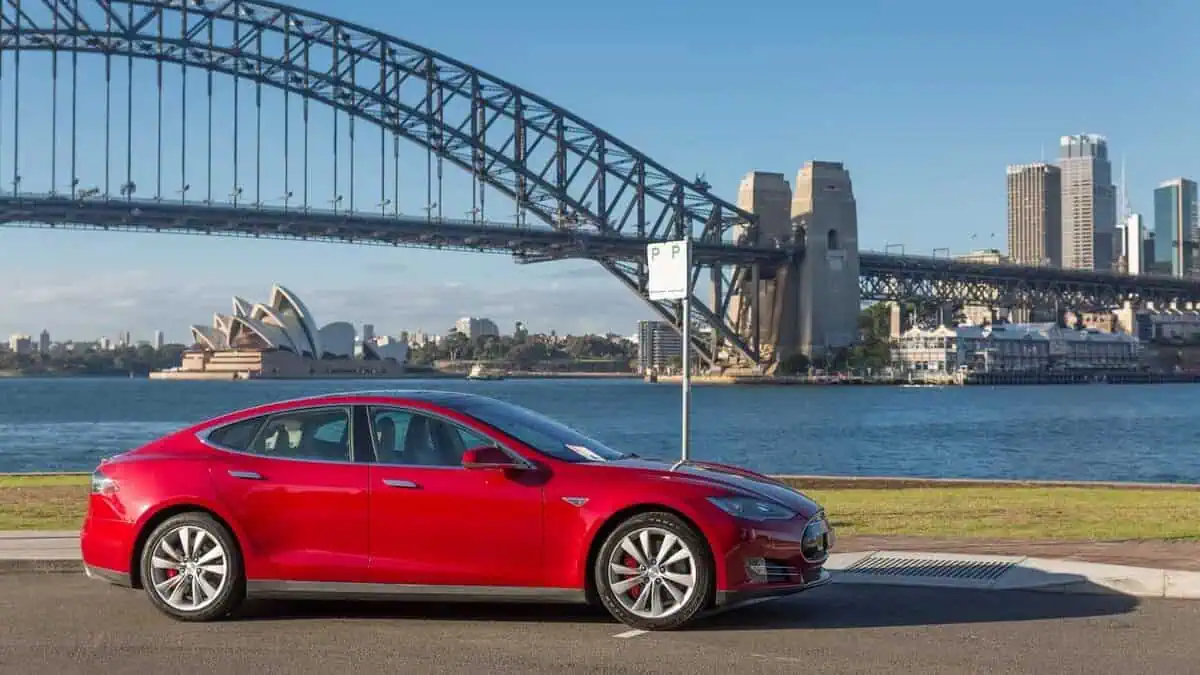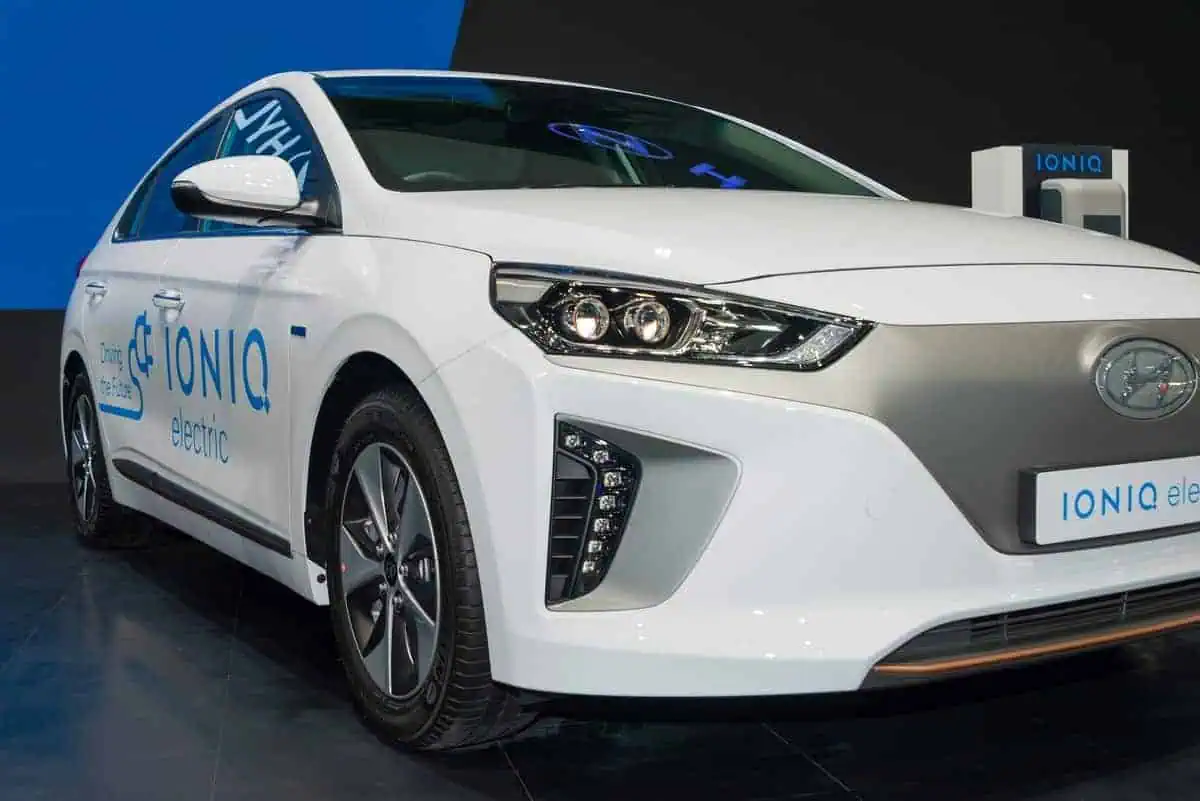Australia‘s lack of fuel-efficiency regulations has long been held culpable for turning the nation into a landfill for outdated and polluting models that manufacturers are not permitted to sell elsewhere. Meanwhile, the few expensive electric vehicle models that are available have put Australia’s EV enthusiasts in a stalemate, according to Business Times.
Finally, Australia’s government will take a significant step to implement efficiency targets this month. In an effort to catch up with markets that adopted EVs years ago, the newly elected Labor administration is seeking the opinions of automakers in devising a strategy.
This government initiative is quite encouraging given that Australia is a developed country that is one of the top polluters per capita, and electric cars made up just 2% of new car sales in 2021. To some extent, these new regulations are expected to resolve Australia’s status as an EV anomaly.
Additionally, Australia has withstood the worldwide transition as US EV sales set records, and US President Joe Biden provided tax benefits for switching electric.
In Sydney, the waiting list for a new Tesla is so extensive that used Model 3s are selling for more than $130,000 (S$124,000).
According to Australian Climate Change and Energy Minister Chris Bowen, Australia is the only OECD (The Organization for Economic Cooperation and Development) country besides Russia that does not have or is not adopting fuel-efficiency standards. Additionally, he compared Australia’s meager 8 EV options with the UK’s 26 EVs under $60,000.
Interestingly, Australia’s campaign for stricter fuel regulations is backed by the leading global automakers, Nissan Motor and Volkswagen. According to Volkswagen, EV shipments are prioritized for nations that levy fines for failing to meet fuel-efficiency standards.
Paul Sansom, managing director of the German company for Australia, asserted that “greater supply inevitably leads to greater affordability.”
Furthermore, Nissan claims that fuel-efficiency regulations in Australia would provide certainty over the size of the local EV market because automobile manufacturing cycles are scheduled years in advance.
“Australia does not currently get the range of choice of EVs that other markets enjoy,” Nissan said in an email. Without a long-term goal to decarbonize transport, “Australia will continue to be a laggard in terms of market uptake.”
If new vehicles emit more carbon dioxide than required by fuel-efficiency rules, automakers are often penalized. But when their fleet surpasses emission targets, automakers can earn credits that can be sold to other manufacturers.
Australia’s Electric Vehicle Council recommended that the government set a goal for all new car sales to be zero-emission by 2035 in order to meet the nation’s net-zero goal by 2050.
As Minister Bowen unveiled the consultation paper for a national EV plan last month, he remarked, “Standards that lack ambition will leave us at the back of the global queue for longer.”
According to Diane Kraal, a lecturer in corporate law and taxation and an EV researcher at Melbourne’s Monash University, fuel-efficiency targets will increase EV supply, while the government’s proposed EV tax incentives will fuel demand.
“We have to step up and bring ourselves in line with what’s happening in the rest of the world,” she said.






